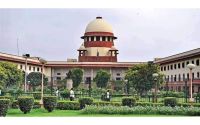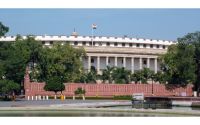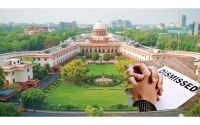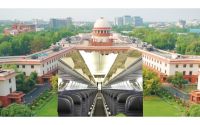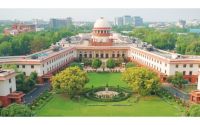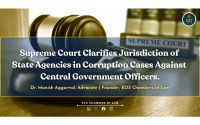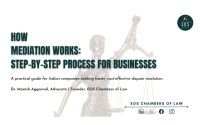Petition Against IIT Eligibility Criteria Of 75% In Class 12
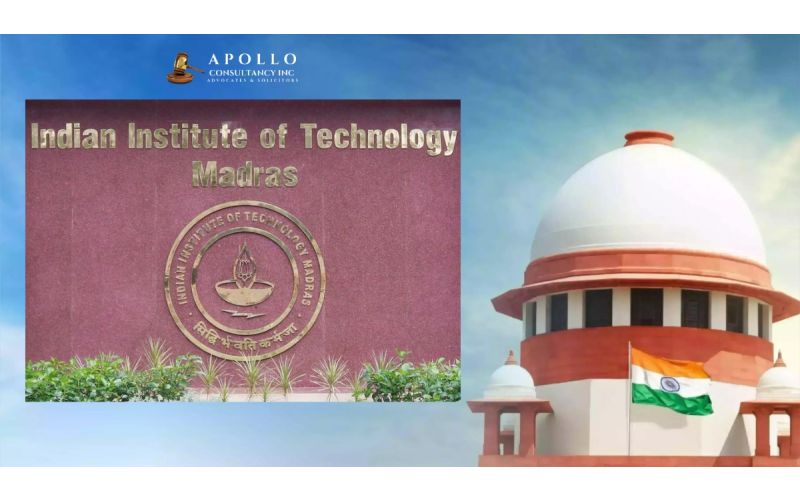
Petition Against IIT Eligibility Criteria Of 75% In Class 12 Dismissed
A vacation bench of Justices Sudhanshu Dhulia and K V Vishwanathan said this prerequisite existed earlier as well and it was not inclined to intervene in the matter.
New Delhi:
The Supreme Court on Monday dismissed a plea challenging the eligibility criterion of 75 percent score in the higher secondary examination for admission to the Indian Institutes of Technology (IITs).
A vacation bench of Justices Sudhanshu Dhulia and K V Vishwanathan said this prerequisite existed earlier as well and it was not inclined to intervene in the matter.
The Supreme Court said these are education matters and it has to defer the issue to experts.
“This condition was always there, why should we interfere? This is not a matter we want to get into,” the bench said.
The top court was hearing a plea filed by Chandan Kumar and others against the eligibility criterion of 75 percent marks in Class 12 board exams for admission to IITs.
The counsel appearing for the petitioners contended the students were given a waiver during the Covid-19 pandemic and the same students now have greater chances to clear the examination for admission to the prestigious engineering institutes.
“They have scored more than 98 percent in Joint Entrance Examination, JEE (Main). These are meritorious students. Kindly allow them,” the counsel said.
The lawyer submitted that the applicant has scored 92 percentile in JEE Mains and is eligible to appear in JEE Advance. However, she will not get admission even if she qualifies as her board exam score is less than 75 percent.
According to the Joint Entrance Examination (JEE) Advanced brochure released this year, candidates need to have secured at least 75 percent in Class 12 board exams.
Source
Post Categories
Featured Posts
Latest Posts
Latest Posts
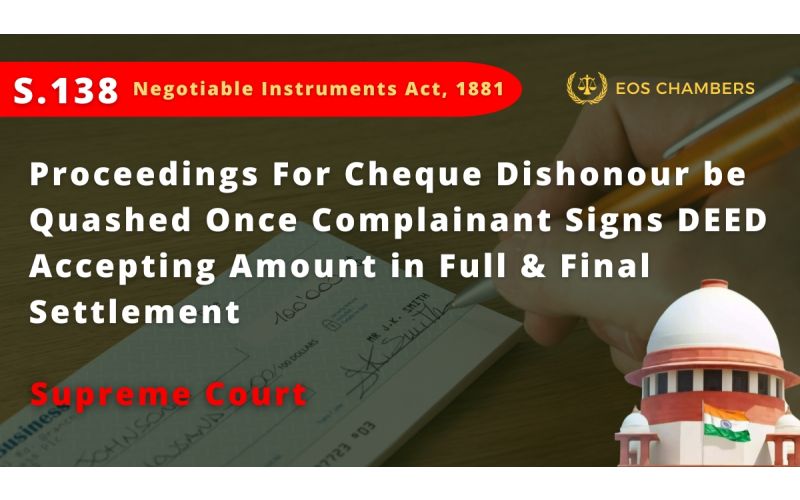
S.138 NI Act | Proceedings For Cheque Dishonour Need To Be Quashed Once Complainant Signs Deed Accepting Amount In Final Settlement : Supreme Court
In a Criminal Appeal arising out of proceedings under Section 138 of the Negotiable Instruments Act, 1881, the Supreme Court has ruled that once the settlement has been arrived at and the complainant has signed the deed, the proceedings under ...
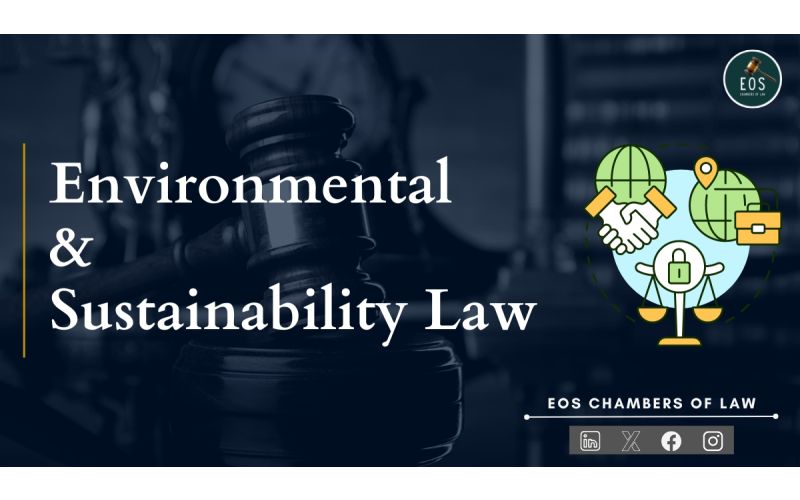
An In-Depth Look at Environmental and Sustainability Law
In today's rapidly changing world, environmental and sustainability law has become a cornerstone of global legal practices. With increasing awareness of climate change, resource depletion, and environmental degradation, these laws are essential for promoting sustainable development and protecting our planet ...

Anti-Money Laundering (AML) Compliance: Best Practices for Law Firms
In today's globalized economy, money laundering poses a significant threat to financial systems and institutions, including law firms. As facilitators of various financial transactions, law firms are often targeted by money launderers seeking to legitimize illicit funds. Anti-Money Laundering (AML) ...
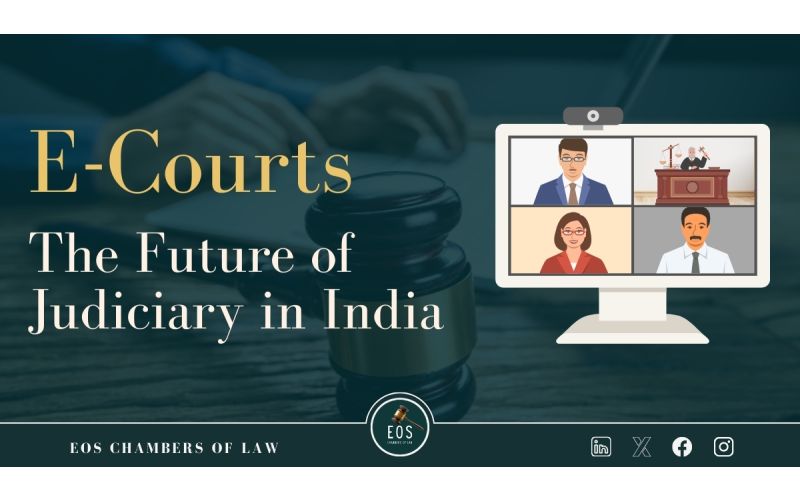
E-Courts: The Future of Judiciary in India
India’s judiciary is at a crossroads, with digitization and judicial reforms paving the way for increased efficiency, transparency, and accessibility. The e-Courts initiative, launched by the Indian judiciary under the National e-Governance Plan (NeGP), is a transformative step toward modernizing ...
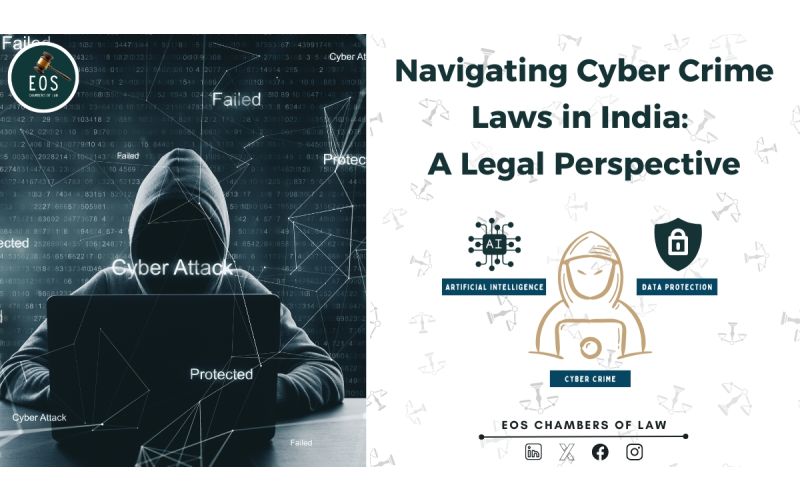
Navigating Cyber Crime Laws in India: A Legal Perspective
The rapid proliferation of digital technologies has transformed India’s social, economic, and professional landscape. While digitalization brings efficiency and innovation, it also exposes individuals and businesses to cybercrime risks. As a lawyer in India, it is crucial to understand the ...
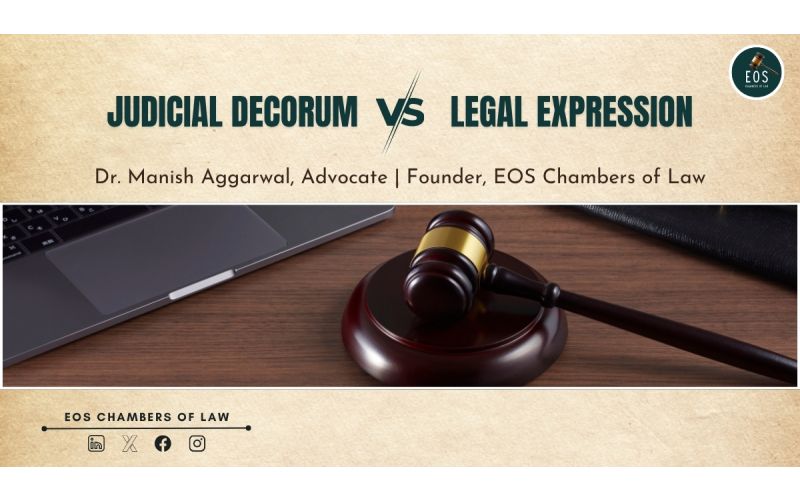
Judicial Decorum vs. Legal Expression: Balancing Dissent with Discipline in India’s Courtrooms
🏛️ The Incident That Sparked a National Conversation The recent events in the Supreme Court of India have reignited a fundamental debate — where does a lawyer’s right to expression end and duty to maintain decorum begin? A courtroom is ...

Speak With Our
Get a Appointment

